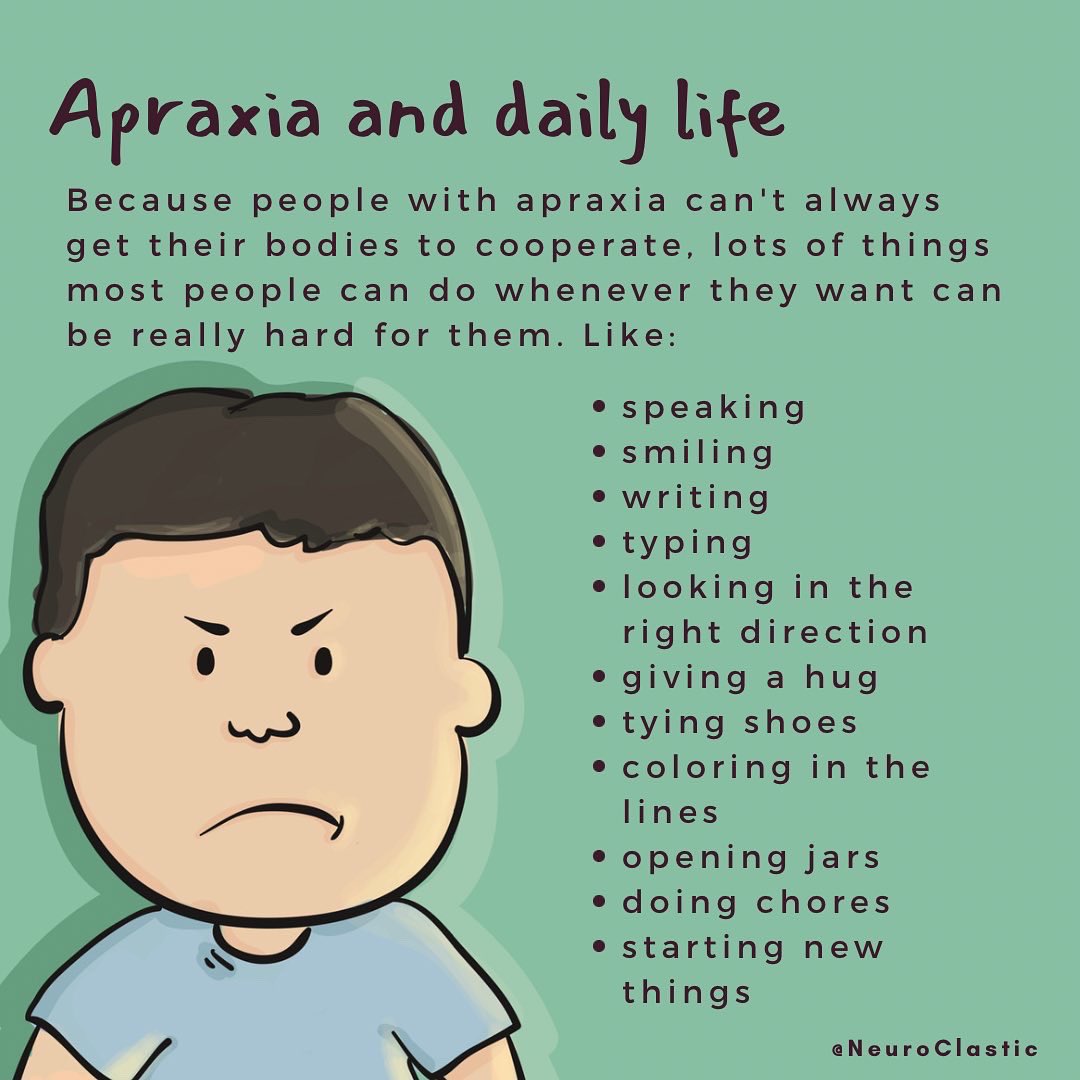
Okay, let’s talk about how a Nonspeaking Autistic writer, Gregory Tino, just published a children’s book called The Autistic Boy in The Unruly Body, and how it’s the #1 new release on Amazon’s “Autism and Asperger’s” category. But first, a #NeuroInclusive story about #Apraxia 

We made this #NeuroInclusive story with Gregory’s permission, using illustrations from his book. 86% of autistic people have clinically significant apraxia/dyspraxia. That’s a motor planning— not motor ability— disability. 

People with mild apraxia may have minor speech or bodily symptoms, and unlike autism, apraxia can be mild or severe. #Apraxia is often called #dyspraxia interchangeably or may be specified as “apraxia of speech.” 

Apraxia often comes with motor disinhibition, too, which is when the body does movements or says things the person doesn’t have conscious control over. Tics like with #Tourettes are a form of motor disinhibition. 

Imagine the difficulty with getting reliable communication when you can’t always focus your eyes to read or use #AAC devices, and trying to speak, write, sign, or type is extremely difficult to make the body do at will. 

Can you imagine no one around you knowing that you understand everything they’re saying, and may even know how to read, but they treat you like a toddler? Nonspeaking does not mean nonthinking, though. Apraxia is not intellectual disability or bad behavior. 

This book is amazing! It’s fun, funny, unapologetic, and an #OwnVoice perspective. You can grab it on Amazon, here: amzn.to/3BWWmki and get the free printable PDF of our #NeuroInclusiveStory here: neuroclastic.com/wp-content/upl… [alt text added to all images] 

Who else has this book? ❤️❤️❤️
• • •
Missing some Tweet in this thread? You can try to
force a refresh





